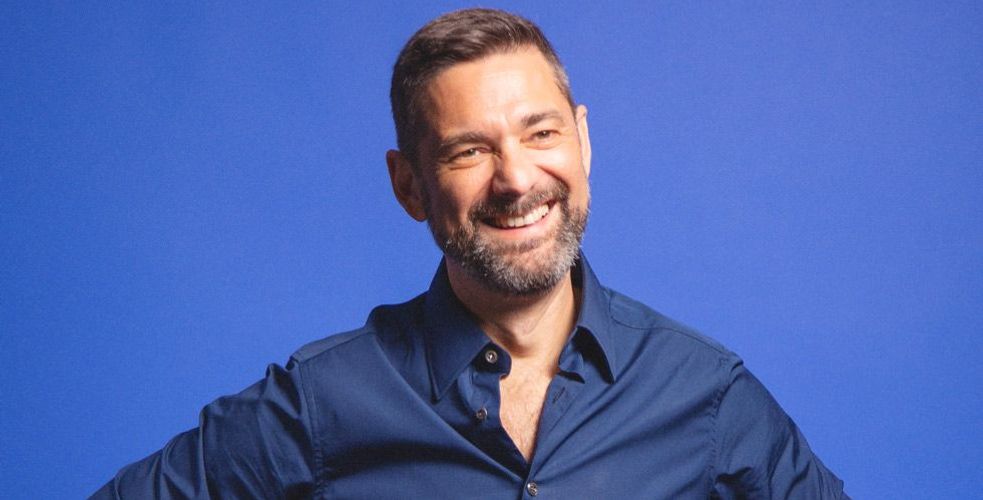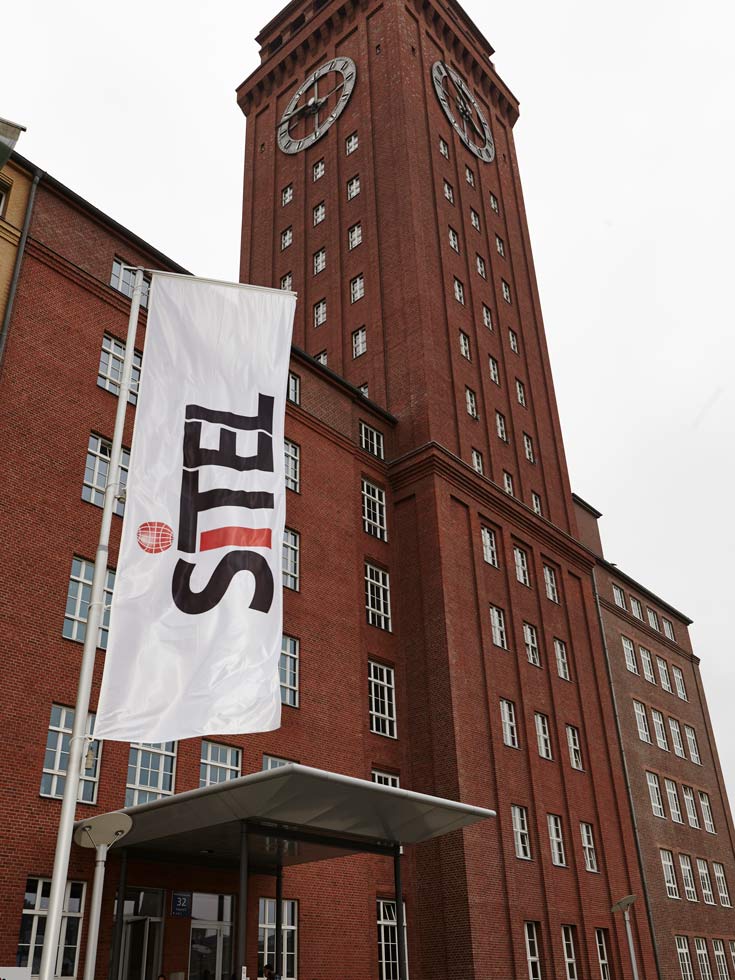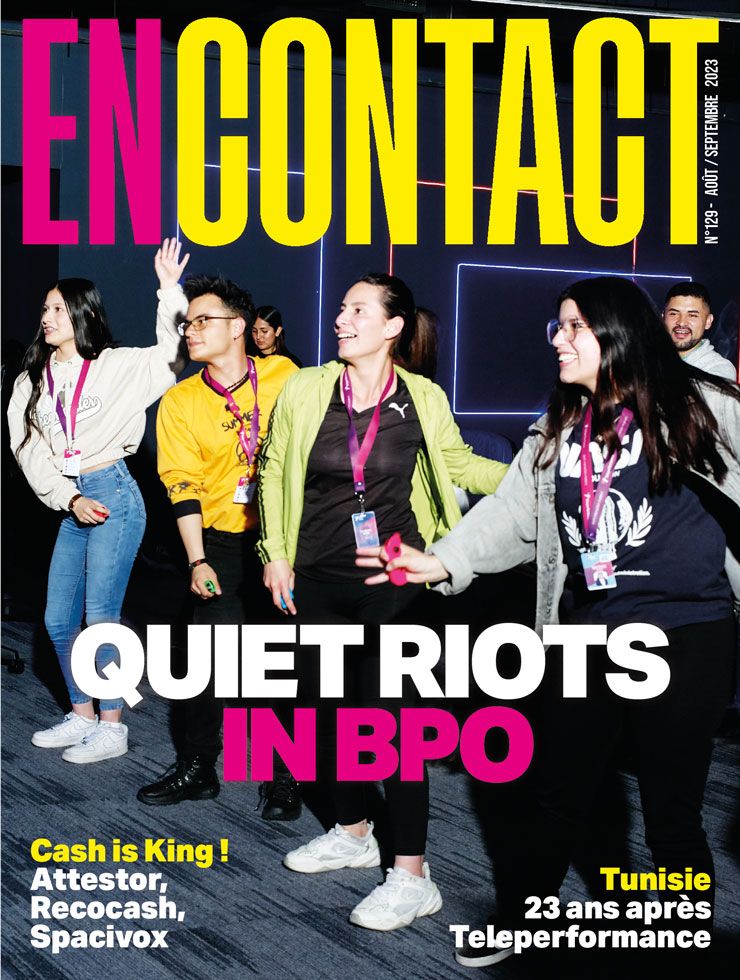About CX and CRM, we have our own secret sauce. Foundever's CEO speaks up

An exclusive interview with Laurent Uberti, CEO and co-founder of Foundever, who gives us the lowdown on the BPO purchases made by his competitors (Teleperformance, Concentrix, Majorel, Webhelp), the future with China and the impact of ChatGPT on experience automation. Based in Miami, Laurent is known for his outspokenness.
"When it comes to service and experience, only humans are currently capable of creating lasting relationships".
One of your major French competitors, Webhelp, is planning to merge with Concentrix and was set to become the world's number 1... You yourself have changed your name: Sitel has become Foundever. At the same time, Chat GPT is scaring people, arousing interest and, if some experts are to be believed, is set to eliminate a large number of jobs. How do these purchases and changes inspire you? And what really is the new frontier in customer experience, the one that needs to be cracked?

Laurent Uberti : The market is consolidating and becoming clearer. Concentrix is buying Webhelp outright and TP is acquiring Majorel. This comes as no surprise, because customers need global players with a presence on every continent and the ability to handle every language. Concentrix was more of an American player, with no outlets in Europe or Africa. Teleperformance could not bear to be number 2. For some years Webhelp and Majorel, with certain differences, had been in a kind of impasse as regional players with no access to the very specific and demanding US market. Things are now clearer. But it's quite an event to see two iconic brands in the sector 'disappear' in the same month!
Sitel has become Foundever to symbolise our transformation project and the identity of our strategy for the next five years. It's not just a new brand (even if SITEL sounded a bit too '80s with the 'site' and the 'tel') that encompasses all our expertise, but an overhaul of our suite of products and services and our approach to the market to respond ever more closely to our customers' needs. The key words are simplification, innovation and the ability to deliver real value on a large scale. Of course, we've come a long way from the €200m French company to the €4bn global group we are today. Today, with a presence in 45 countries and 170,000 employees who speak around 60 languages, Foundever is able to serve customers in all sectors and on all markets, guaranteeing global standards while adapting to the cultural, economic and legal differences of each country.
You mentioned ChatGPT. We see ourselves as a solutions integrator. We're one of those companies that can build a true hybrid model between human and machine to deliver a real experience based on artificial intelligence. You need access to a lot of data, updated on a daily basis, expertise in CRM tools and functions, and employees capable of training and supervising the machine. The media are quick to get carried away (as we saw with the Metaverse), but there is a real gap to be bridged between contextualising a question and then responding in natural language, and the ability to deliver a precise, up-to-date response, or even to take one or more decisions on behalf of a customer. AI enhances the quantitative and qualitative capabilities of our agents and performs some of the tasks that need to be checked and validated before the Go Live.
Many tasks have already been automated and each of us uses applications for basic problems. But the ability to make decisions by coordinating tools, the need for connection and empathy between brands and customers, the development of lasting relationships - only humans are capable of doing this today. Obviously, the model will evolve, but ultimately it's an opportunity for our profession, as it allows us to get rid of repetitive tasks with no real added value. After that, there are still a lot of unresolved issues concerning security, privatisation and access to data, the economic and energy model, not to mention the socio-economic consequences for all countries and their populations.
In the BPO business, once you have a presence in every country, once you 'line up' armies of digital foot soldiers with hundreds of thousands of agents, once you have your CX division, your team with the capacity to integrate technological innovations, where can the difference come from? Can you give me an example, linked to the Group's culture, of how you have won a customer or kept one thanks to your differences?
Laurent Uberti : When it comes to culture, two complementary elements make a real difference: firstly, the alignment of values between Foundever and its customers, and secondly, the value proposition shared with the employees working on the assignment. Foundever is renowned for the importance it places on its employees in the development of the company and in its recruitment policies. We have made the employee experience one of our top priorities, through a global programme called MAX (My Associate Experience). With this programme, we have chosen to put people at the centre of everything, to rely on in-house talent and to integrate it into the company's history. The aim is to generate a consistent, engaging and valuable employee experience within the Group's culture, technology and working environment.
To illustrate our active sourcing policy, we have opened three Prosperity Hubs in difficult employment areas for a Top Fortune 500 BFSI customer, and relaunched a major recruitment drive for disadvantaged groups. We plan to open even more over the next three years. Another example, this one with a major customer in the tech industry: we have created and industrialised a genuine training pathway that enables our employees to progress through different levels of positions before being taken on as pre-sales sales staff by our customer. These two examples show just how much of a difference the realisation of joint projects based on shared values can make.
China is on everyone's mind, and you have set up some operations there, thanks in particular to your shareholder, Creadev, I believe? Do you see it as a growth driver, a place to produce services, an observatory for understanding and serving Asia?
LU : We have been present in China for several years, but it was mainly with the acquisition of Sykes in 2021 that we reached our current size. We serve around twenty customers with some 2,000 employees, mainly Western brands for Chinese consumers. Since Covid, the context is obviously a little more complicated and many brands remain cautious. For us, China is a laboratory, particularly in digital, where the adoption of tools and solutions is faster and often more mature than among Western consumers.

The cinema is now showing scenes and films that take place in call centres, such as About Kim Sohee, which I found extraordinary and instructive. Do you still have time to go and see films, and have you seen this one? What makes the cinema experience unique, given that this industry, like others, is thinking about creating distinctive experiences?

LU : No, unfortunately I haven't had a chance to see it. I have to admit that I haven't been going to the cinema a lot less in recent years. And I often find that films lack solid scripts. Special effects are nice, but they're no substitute for a real, well-crafted story. Cinemas can no longer rely solely on the exclusivity of films, with the new media chronology and films arriving more quickly on other channels. And some platforms are even broadcasting exclusive films that are no longer available in cinemas. What could make the experience attractive to cinema-goers, in addition to an interesting range of films, would be the introduction of new services that are inaccessible at home, with technological innovations that enhance the quality and nature of the experience (screen size, immersiveness, sound). Cinemas could also, as some have already begun to do, improve their services by allowing numbered seats to be reserved or by making seats more comfortable (more spacious and modular).
In one of your very interesting programmes, called the Success Report (Programme), which enables you to give a brand a 360-degree outside view of the customer experience it produces, you ask agents who work for the brand to draw up a metaphorical portrait of it. Let's play the same little game: if Foundever were an animal, it would be...
LU : If Foundever were an animal: I'd suggest a dog and, because of my roots, a Pyrenean Patou. Loyal and reliable, hardy and adapted to changing and difficult environments like the mountains, and for an animal a real sense of humanity. If our processes were a book: Jules Verne's From the Earth to the Moon. Like the scientists in the novel, we do everything we can to help you go far. Finally, if our tools were a place: the kitchen. It's where everything comes together and where we prepare our "secret sauce".
Interview by Manuel Jacquinet, first published in April 2023
In the video below, Bert Quintana, former CEO of Sitel, explains why dolphins may be important in BPO industry. A true rarity !





